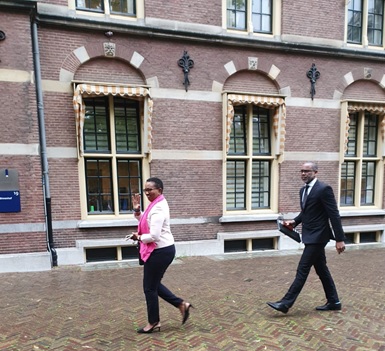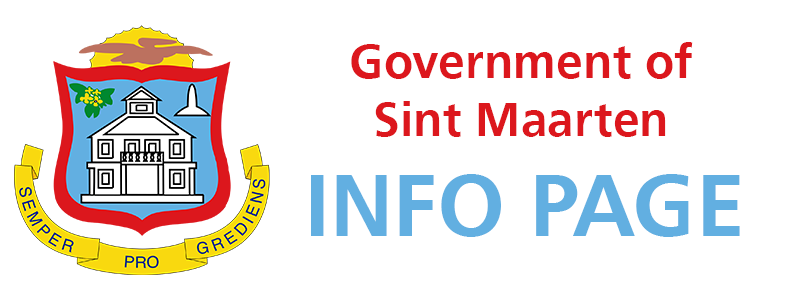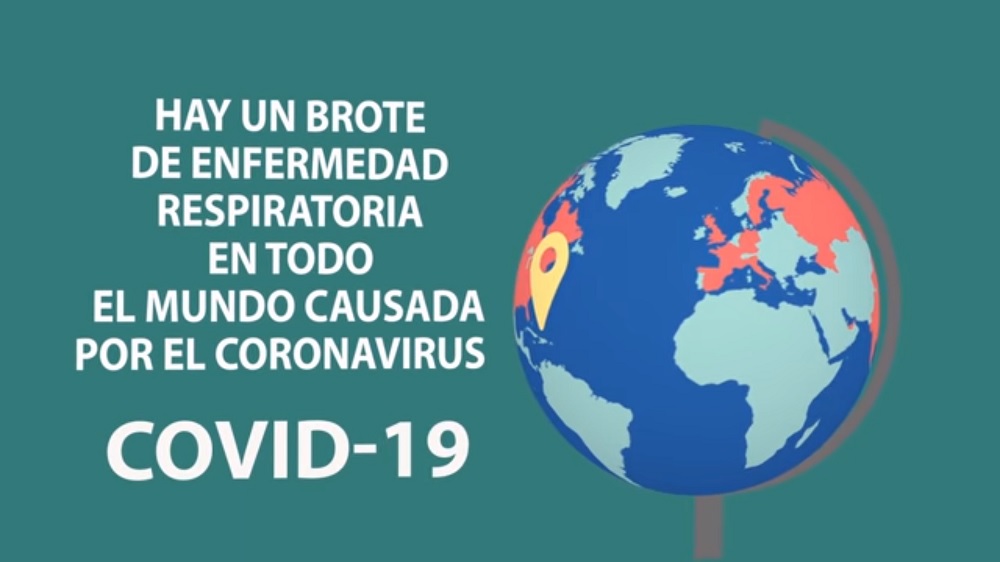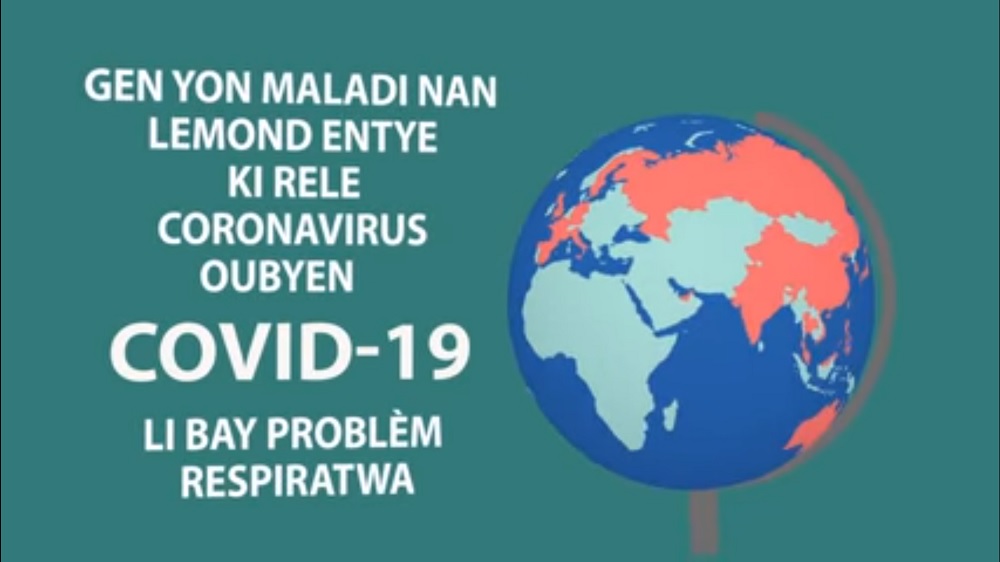St. Maarten Rejects 'New Entity' under Consensus Kingdom Law in Kingdom Council of Ministers Meeting
THE HAGUE/PHILIPSBURG – Prime Minister Silveria Jacobs arrived in the Netherlands on Friday morning to participate in the Kingdom Council of Ministers meeting together with the Prime Ministers of Aruba and Curacao and the Plenipotentiary Ministers from the three Dutch Caribbean countries. The purpose of the visit was to defend St. Maarten’s position regarding the proposed ‘Entity’ for the 3rd Tranche of COVID-19 liquidity support.
During the meeting, all countries stood their grounds in not accepting the conditions attached to the loan as presented by the Netherlands because it infringes on their autonomy. Prime Minister Jacobs spoke out concerning the legal basis and procedure in which a Consensus Kingdom Law should be handled and indicated that this was not the right way to carry out such.
Prime Minister Jacobs stated, ‘The Government of St. Maarten will not politically agree to something that would normally require a full round of discussions, talks, and agreement before reaching this level of establishment. During the meeting, the Dutch Government had to accept that this was the case and, therefore, could not progress further with it as is.’
This new entity, confirmed as 'the Caribbean Reform Institution,' is anchored in the proposed Consensus Kingdom Law to manage the liquidity support for COVID-19 and the Dutch Government has now also indicated the possibility for investment funds in programs and technical assistance. At the same time, the Dutch Caribbean countries admitted that there are things that need to be addressed on the islands, however, this reform should not be coupled with COVID-19 liquidity support, which is already being managed by local entities executing the Sint Maarten Stimulus and Relief Plan (SSRP) and assistance for the unemployed.
St. Maarten and Curacao still has the last requirements to fulfill by July 15 to receive the 2nd Tranche of COVID-19 liquidity support which relates to the adjustment of the SSRP program to the Dutch model. Aruba has fulfilled all the requirements and is in discussion to receive an advance on the 3rd Tranche pending agreements for all countries. However, Prime Minister Jacobs states, ‘We will not be entertaining any further discussion about an entity that usurps the autonomy St. Maarten, Curacao, and Aruba have fought for. We remain open to have equitable discussions related to COVID-19 liquidity support, needed reforms, legislation, policy, projects and programs within the framework of our National Development Vision, while working with stakeholders and Parliament to find mutually agreeable solutions to mitigate our current challenges.’
During the past three years, St. Maarten has experienced the negative effects of two major hurricanes and now this pandemic. Despite this experience and the small percentage of St. Maarten’s Trust Fund going into our economy via the World Bank, St. Maarten’s achievements where recovery is concerned has been successful thus far due to the resilience and hard work of the businesses and our people. Prime Minister Jacobs stated, ‘It is not that things were great, but we were bouncing back before the COVID-19 pandemic and had COVID-19 not hit us, we would have been well on our way to being more able to stand on our feet financially.’
During the meeting, Prime Minister Jacobs reiterated that one of the challenges St. Maarten has faced has been the role of the Board of Financial Supervision (CFT) in the decision-making process. Prime Minister Jacobs indicated that St. Maarten has lacked capital investments over the past years, due to the restraints by the CFT preventing investments needed to facilitate reforms and the Dutch Government not subscribing to the loans that were approved in 2018 and 2019.
Furthermore, Prime Minister Jacobs indicated that in the short and long term, the island's success requires collective actions for the continued development of St. Maarten. ‘The recent and historical move of 15 parliamentarians in agreement, rejecting the new entity condition, is the beginning. Moving forward, all resources and technical knowledge available will be required to tackle our challenges and priorities. The diversification of our economy is one of our main priorities. Moreover, educating and empowering our people to become entrepreneurs, using local resources such as ‘Qredits Microfinancing’ thereby growing and simulating our economy is another fundamental priority,’ concluded Prime Minister Jacobs.
Photo caption: Honorable Prime Minister Silveria Jacobs and Minister Plenipotentiary Rene Violenus arrives at the Kingdom Council of Ministers meeting in The Hague on Friday morning.










